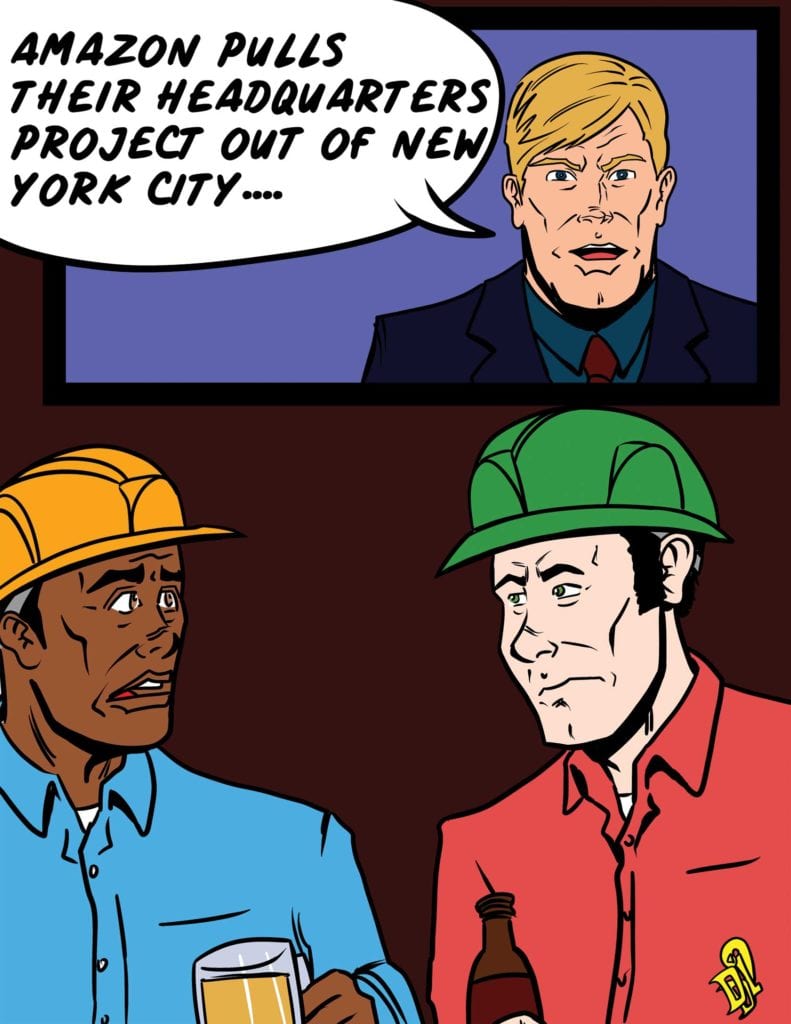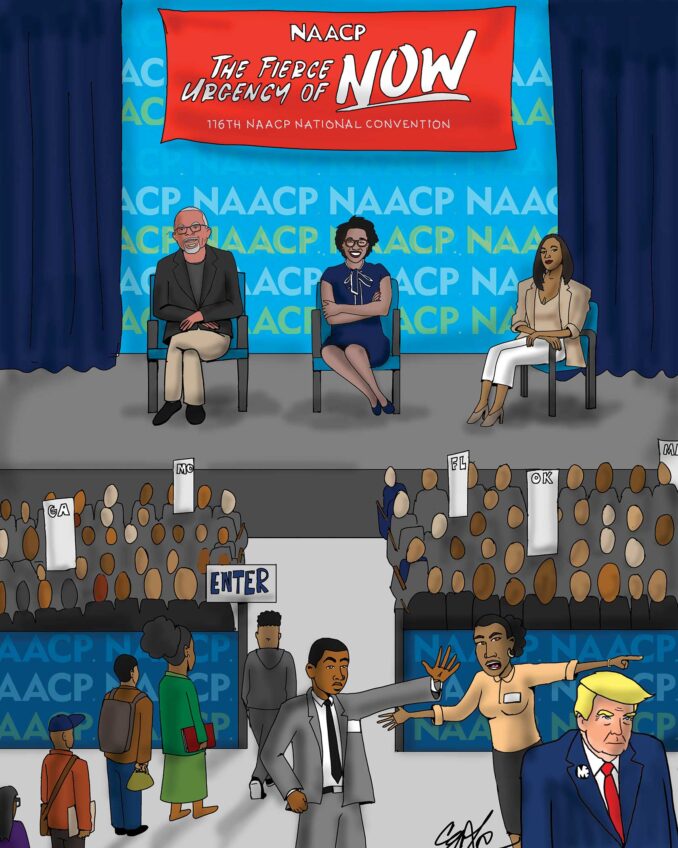
What happened in New York? Shortly after Amazon named New York as the site of its new headquarters the company management rescinded the decision. What new circumstances caused the change?
New York Mayor Bill de Blasio and the Governor Andrew Cuomo had put aside their differences in order to influence the decision for Amazon to come to New York. They fully understood the value to their constituents of the Amazon proposal. The company would spend about $3 billion to build a new campus in Long Island City, Queens where they would hire 25,000 new employees. The cost to the city would be the deferral of about $5 billion in real estate taxes.
Unfortunately, some radical Democrats seemed to misunderstand how the tax concessions work. They did not understand that the real estate taxes would be offset by income taxes from the 25,000 new employees. The agreement would have a so-called clawback provision that would assess Amazon for the loss in tax revenue resulting from the company’s failure to meet its hiring goal.
Still others who understand the strategy objected to any concessions. They believe that corporations should be willing to assume the total risk of their projects. The problem with that policy is that there are always some other jurisdictions more willing to negotiate deals to generate development.
When Amazon announced plans to open another headquarters in a metropolitan area, major cities were invited to prepare proposals. Amazon executives’ decision on the ideal site was based on the quality of the local culture, the caliber of the workforce, as well as the terms of the financial arrangement. It is unlikely that any proposal without financial incentives would ever be selected.
Seven cities were cited as being in the final selection process: Atlanta, Boston, Crystal City Virginia, Denver, Miami, Nashville and New York. There will unlikely be sufficient clarification on the circumstances that led to the withdrawal of Amazon from New York, but there is a lesson to be learned. There is a golden rule in the corporate world: “the one with the gold makes the rules.” While that does not apply strictly when one of the parties is a governmental agency, it is always
good to keep the rule in mind.






